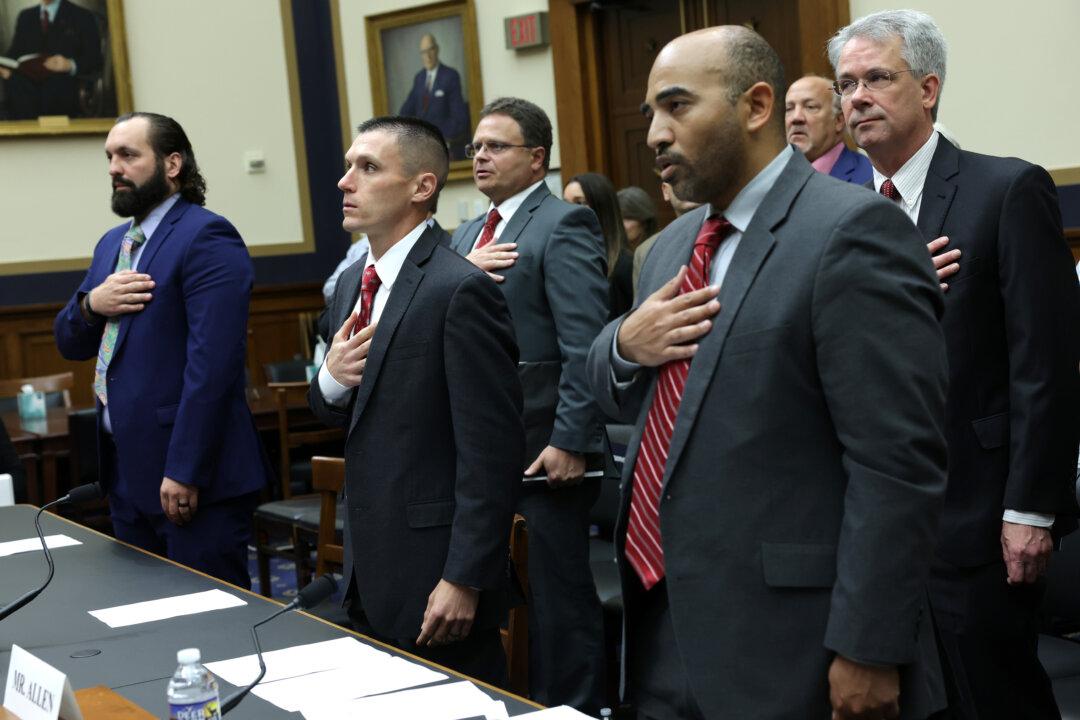In just under two-and-a-half years of the Biden administration, a growing number of whistleblowers have come forward to allege serious misconduct from officials in the FBI, Internal Revenue Service (IRS), and even the White House.
By law, whistleblowers are protected from retaliation. However, according to several recent whistleblowers, reprisal has been a common result for individuals who have come forward with allegations of misconduct under the current administration.





